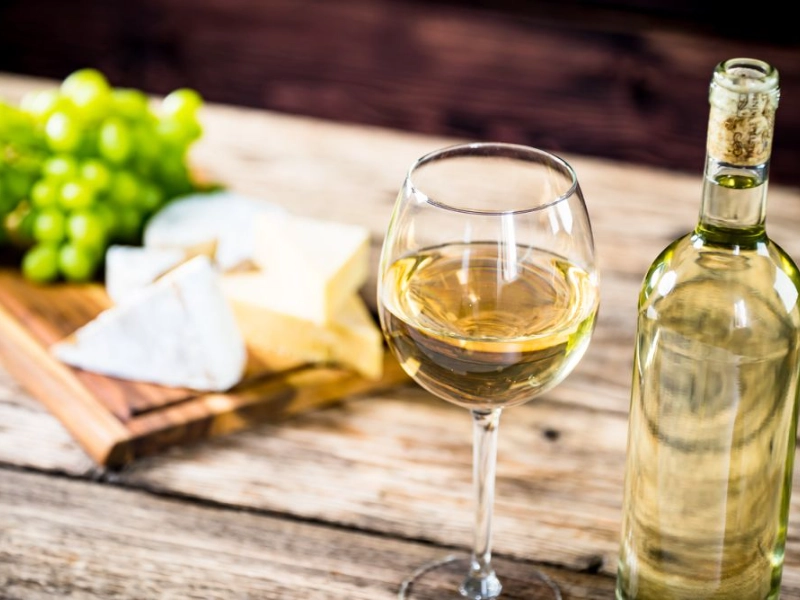Advertisement
3. Dry White Wine: A Versatile Cooking Sherry Alternative

Advertisement
Especially great in dishes with chicken or shellfish, dry white wine is a very flexible and easily available option for cooking sherry. This flexible component is a must-have in many kitchens since it adds a clear acidity and delicate fruit notes that can improve a lot of recipes. Using dry white wine in cooking goes much beyond simple substitution since it is now a staple ingredient in many different cooking customs all over.
Using a 1:1 equivalent for cooking sherry from dry white wine is usually safe. This implies you can substitute equal quantities of dry white wine for every cup or tablespoon of cooking sherry called for in a recipe. Remember, though, that while dry white wine does not have additional salt, cooking sherry frequently does. Therefore, it's advisable to taste your meal as you cook and change the seasoning depending on the difference; maybe, a touch of salt would help to offset the change.
Using dry white wine in cooking has several main benefits, one of which is its capacity to deglaze pans, so producing tasty basis for sauces and gravies. A drop of dry white wine in the hot pan helps to lift and dissolve the flavourful browned pieces (called fond) caught on the bottom after sautéing meat or vegetables. For home cooks, this method not only gives your meals more depth but also simplifies cleaning-up.
The final taste of your food might be much influenced by the dry white wine you choose. Though any dry white wine can be used in place of cooking sherry, some varieties are especially suitable for some kinds of food. Sauvignon Blanc, with its high acidity and herbal flavours, for example, complements chicken and fish recipes. Renowned for its light and crisp taste, Pinot Grigio fits delicately sauces and seafood dishes. Particularly unoaked forms, chardonnay can give creamy sauces and risottos a subdued buttery taste.
Cooking with wine should be noted as the alcohol content mostly disappears throughout the cooking process, leaving behind the essence of its tastes. Still, the cooking technique and length of time determine the evaporation rate. A little amount of alcohol may remain in dishes with shorter cooking periods, which would be a factor for individuals avoiding alcohol totally.
